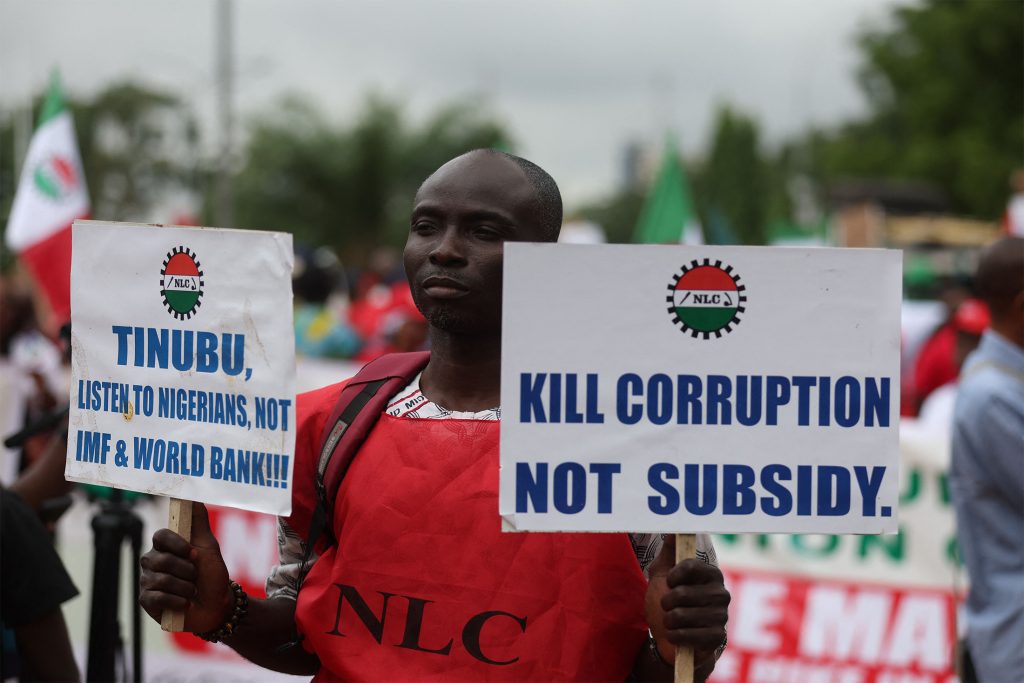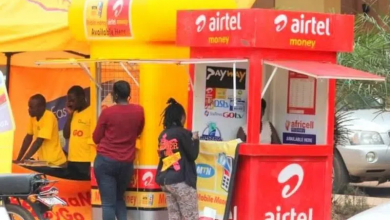
As workers prepare to begin an indefinite strike, Nigeria’s President Bola Tinubu announced a six-month increase in the minimum wage.
The sharp increase in living expenses since Mr. Tinubu’s election in May has prompted unions to call for a raise in the monthly wage to $255 (£210).
The president’s $32 raise only increases the minimum monthly wage to $70.
In order to combat the recent tripling of fuel prices, he also pledged to hasten the rollout of affordable gas-powered buses.
This was brought on by Mr. Tinubu’s decision to end a fuel subsidy that had helped Africa’s biggest economy maintain a low cost of petrol for decades.
The nation also gave up its currency peg in June, allowing it to trade freely and causing one of the biggest drops in the naira’s history.
This has made life difficult for struggling Nigerians as already high inflation has soared due to an increase in the cost of imports
The president laid out measures that, in his opinion, would shield people from the current economic hardship in a televised national address to commemorate the nation’s 63rd year of independence from the UK.
There is no joy in seeing the citizens of this country bear burdens that ought to have been borne years ago, Mr. Tinubu said.
“I wish there were no difficulties like there are today. However, perseverance is necessary if we are to see the bright side of our future”.

The 71-year-old emphasized that although reform would be difficult, it would be worthwhile because the government could now invest the billions saved from the fuel subsidy in initiatives like the compressed natural gas bus network.
“We now carry the costs of reaching a future in Nigeria where the abundance and fruits of the nation are fairly shared among all, not hoarded by a select and greedy few,” he said.
“A Nigeria where hunger, poverty and hardship are pushed into the shadows of an ever-fading past.”
The two major labor unions, the Nigeria Labour Congress (NLC) and the Trade Union Congress (TUC), announced that the planned indefinite strike would begin on Tuesday.
The union leaders insisted that the government had not addressed the suffering brought on by the elimination of the fuel subsidy.
The government had pleaded with them to call off the strike to give more time for negotiations.
Source-BBC




